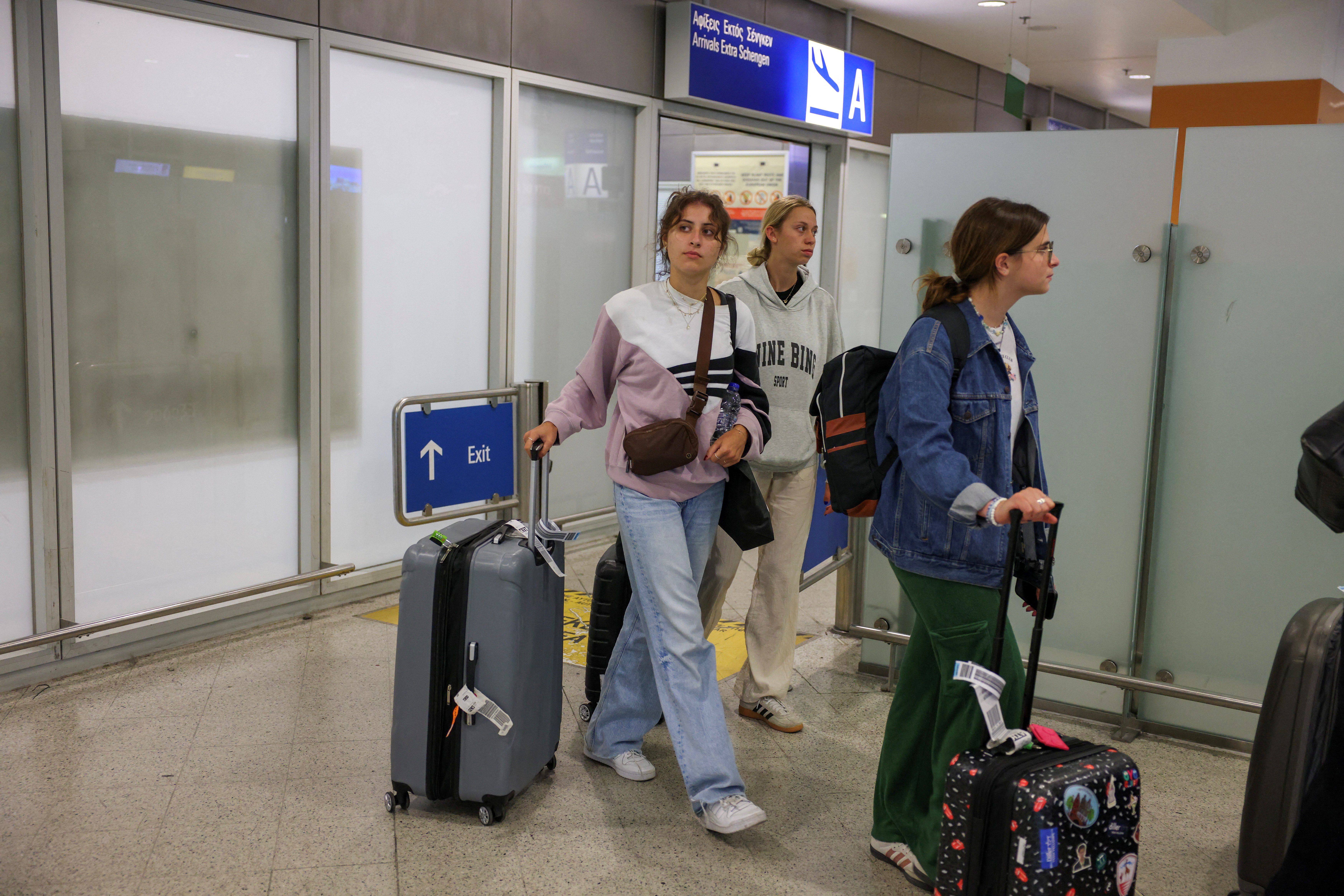Hard Numbers: Israel evacuations, high-flying drama with China, digital tax forecast, beer o’clock
5: Some high-altitude drama this week as Canada accused a “dangerous and reckless” Chinese warplane of coming within five meters of a Canadian surveillance aircraft in the skies off the Chinese coast. The Canadian plane, reportedly in international airspace, was part of a UN operation that looks for violations of sanctions against North Korea.
7.2 billion: Canada’s digital services tax, set to come into force next year, would raise $7.2 billion in its first five years, according to a government analysis. Canada is going ahead with the tax – which would force tech companies providing services in Canada to pay taxes there even though they are based elsewhere – despite stiff resistance from the US, which is (not coincidentally) home to many of the tech giants affected.
2: From my cold, drunken hands! Some US lawmakers are up in arms this week after the Biden administration’s “alcohol czar” suggested the US might adopt Canada’s new health guidelines, which recommend that adults consume no more than 2 alcoholic drinks a week. The current US guidelines are ok with two drinks a day. The science is the science, we guess, but after the past few weeks, the US guidelines sound just fine to us.
